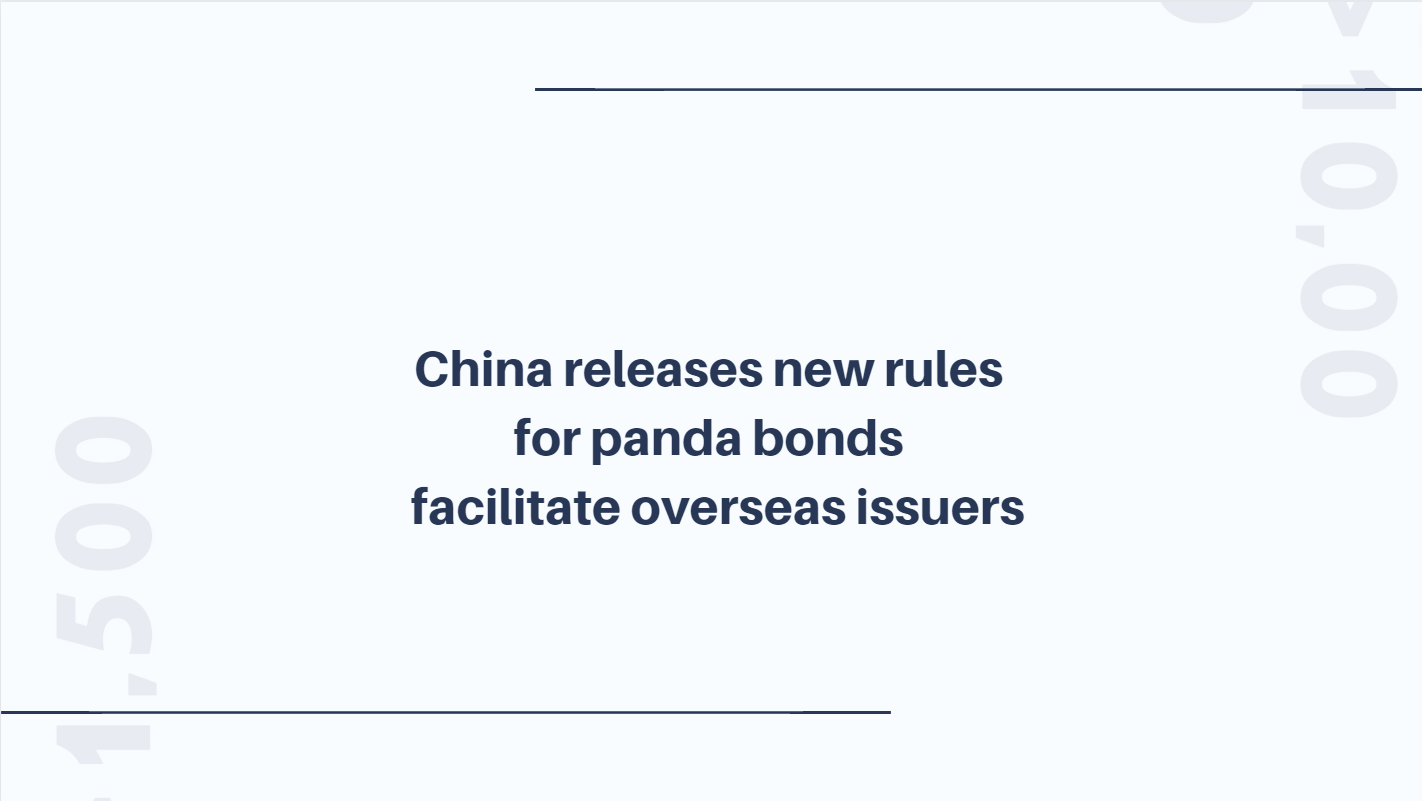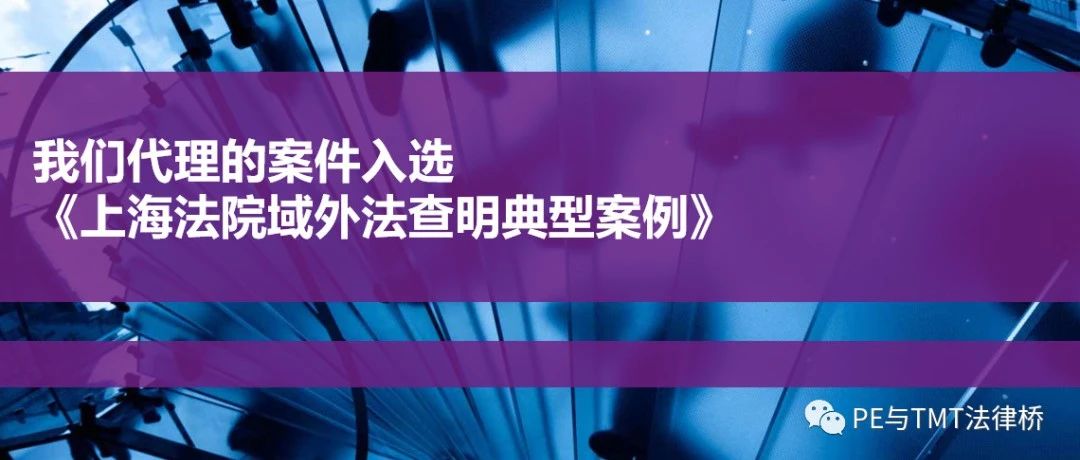Cybertech and Biotech Firms “Going Out” Via Hong Kong’s Services Platform
One-stop platform
Incorporated in Shanghai in 2017, XTransfer is now one of China’s leading businesses providing platforms for financial services and risk control in foreign trade. With over 2,500 people working in its domestic operations headquarters in Shanghai alone, the company has offices in major coastal trading ports like Guangzhou, Shenzhen, Xiamen and Hong Kong as well as in countries like Singapore, the UK, US, Canada, Japan, Australia and Holland. It provides micro and small export firms with comprehensive solutions for foreign trade receipt collections, multicurrency cash management, remittances, risk control, customer relations management and so on.
As business continues to expand and with the RCEP boosting trade flows between China and the Southeast Asian markets, XTransfer hopes to assist more clients in expanding their businesses in Southeast Asia. However, many of the micro, small and medium‑sized businesses that the company deals with do not initially have a clear idea of the provisions of the RCEP, which has been in force since the beginning of 2022. The reason is that many of these companies have a small staff, with managers wearing several different hats, without the energy or time to study the RCEP and its annexes. Thus, they need consultancy, financial, payment, collection and other services from professional mainland and Hong Kong companies and platforms. XTransfer can help small businesses make good use of the RCEP provisions to open up international markets. It also hopes to work with traders in Hong Kong and understand their needs in cross‑border cash pooling, cash flow and globalisation.
XTransfer is working with financial institutions around the world to establish a unified multicurrency settlement platform with an intelligent internet‑based risk‑control infrastructure to protect against money laundering, enabling micro and small businesses to enjoy the same international financial services and security as multinational companies. Through its independently‑developed customer relations management platform, it has also promoted digitalisation in micro and small firms to manage orders, marketing and personnel, and to alleviate problems with internal co‑ordination, scientific management and automatic data analysis.
Accessing biotech markets
The 2004‑incorporated Shanghai Debon Agri-Tech Co Ltd researches, develops and applies organic trace mineral additives in order to satisfy the nutritional needs of plants and animals. As a market leader in the area of organic trace elements, the company is promoting the replacement of inorganic trace minerals with organics in the feed, livestock breeding and farming sectors. Its business model aims to improve the utilisation of mineral resources and help achieve the goal of carbon reduction in line with global green development trends.
Debon has forged partnerships with distributors in Thailand, Malaysia, the Philippines, Indonesia and Vietnam but has encountered difficulties in opening up new markets due to the Covid-19 pandemic. Since the RCEP entered into force in January 2022, the company has taken advantage of the agreement’s facilitation measures to develop business in Australia and New Zealand and is targeting regions with a traditional leading edge in animal husbandry and agriculture. In addition to RCEP markets, Debon exports its products to North America although this business is affected by the hefty 35% import tariffs imposed by the US. In order to effectively manage policy risks, Debon is considering exporting products via Hong Kong to expand into RCEP and beyond. Other options include setting up business in Hong Kong to use the territory’s “going out” platform to invest overseas, or setting up production in RCEP markets and using these plants as place of origin to expand overseas markets.
Headquartered in Shanghai, Debon has its production base in Hunan’s Hengyang city, which is well‑known as the hometown of non‑ferrous metals. Its production facility in Hunan is a modern factory for organic trace elements built on the principles of professional management and economies of scale. It is said to account for over 33% of China’s total production capacity for organic trace minerals. [1] Debon hopes to upgrade its technological standards and further expand its overseas business with the help of scientific research personnel in other regions or through co‑operation with other enterprises.
[1] Data as of 2018. Source: A survey report by the Intelligence Research Group on China’s organic trace minerals market in 2018
Note: Senior executives of XTransfer and Shanghai Debon Agri-Tech were interviewed online by representatives of HKTDC Research and the Shanghai Municipal Commission of Commerce in the third quarter of 2022.






















































First, please LoginComment After ~